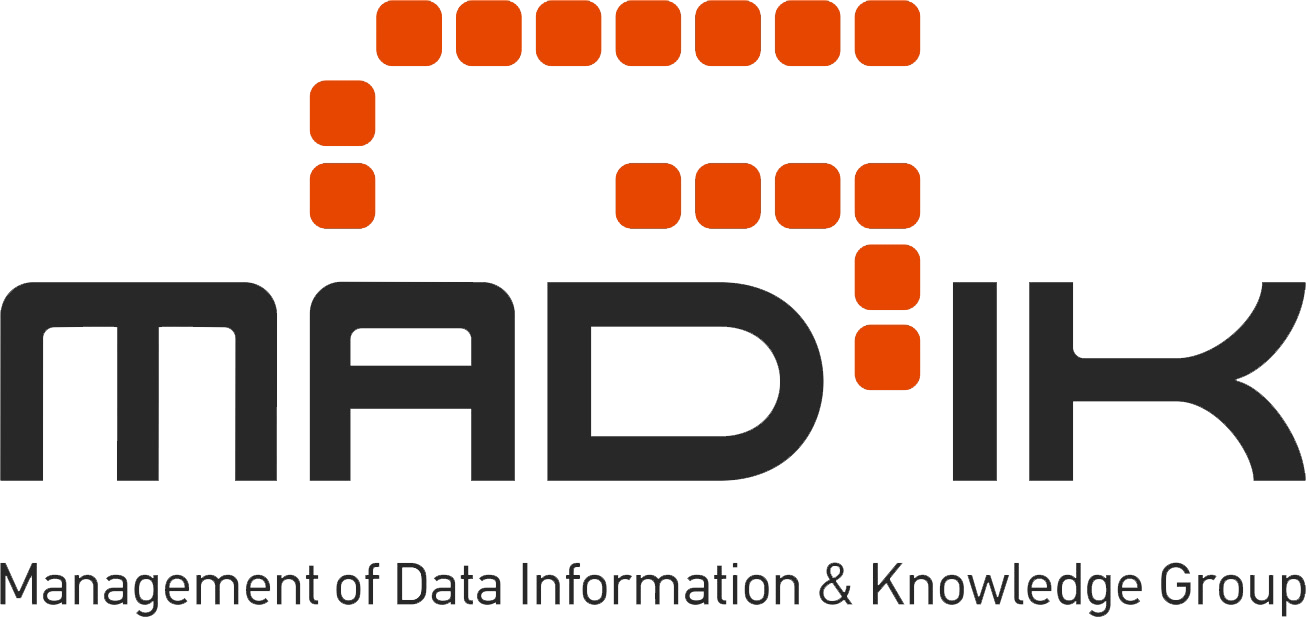Yannis Ioannidis - ACM Statement
I am humbled and extremely honored to have been asked to seek a 2nd term as ACM President. The reason for accepting the committee’s nomination is 'ACM 4.0', my main presidential initiative, which aims at drafting a long-term strategic plan for our organization. It consists of 10 Presidential Task Forces (PTFs) that are being set up to investigate several critical and urgent issues and recommend action plans to address them. These supersede my goals expressed in my previous candidate statement and capture the needs, concerns, and priorities expressed by members, the broader computing community, and society at large. The strategic plan resulting from these PTFs is expected to be fundamental in many aspects, enrich the profile of ACM, and improve and expand its activities and operations.
Details of 'ACM 4.0' appear in my Feb 2023 CACM column “To the Members of ACM”. The main PTF objectives are outlined below:
Membership Model: Devise new model, inclusive of all ACM beneficiaries
Globalization: Increase global footprint, serving diverse regional needs
Youthification: Attract and serve needs of young professionals
UN Sustainable Development Goals: Facilitate computing-dependent efforts on the 17 SDGs
ACM Code of Ethics and Social Responsibility: Actionalize the Code principles
Open Science: Adopt OS methods in computing research
Products and Services Portfolio: Perform SWOT analysis and reform our offerings
Financial Model: Establish new model as income streams change
Bylaws: Reexamine ACM governance
Regional Offices: Employ staff around the world
In support of the underlying 'ACM 4.0' vision, I have emphasized communication with our membership and beyond. I have attended most of the ten biggest and several smaller ACM/SIG conferences and non-ACM events, presenting 'ACM 4.0', ACM Open (fully open-access DL), and other key initiatives in fireside chats, townhalls, and SIG business meetings. I have also met with academic and industry leaders and talked at several universities and student chapters globally, trying to put my finger on the pulse of the community. The experience has been very rewarding, giving me a better understanding of existing gaps and potential matching benefits, while reaffirming the mission and values of ACM in the minds of many.
I believe in the transformative effect that 'ACM 4.0' may have and take courage from the very positive feedback it has received. Indicative is that >600 people have responded to a relevant open call for volunteers. Given its magnitude and breadth, it is impossible for 'ACM 4.0' to reach maturity and lead to concrete actions within a single presidential term. With the PTFs at various stages of development, I accepted to be a candidate so that, if honored to be elected as President again, I may continue my efforts to engage the broad community with ACM, support the PTF work until completion, and implement the resulting recommendations towards a renewed ACM that is ready for the challenges of the future and excels in fulfilling its mission.



